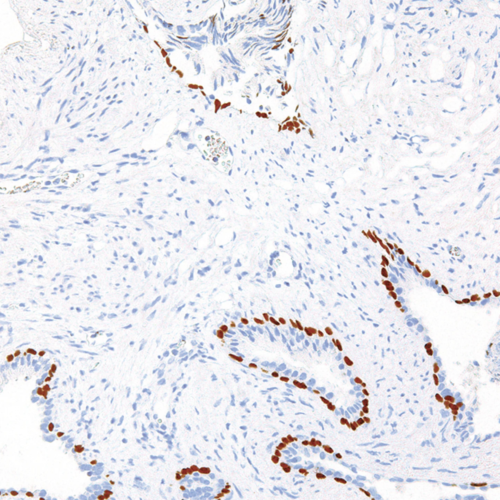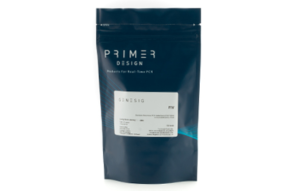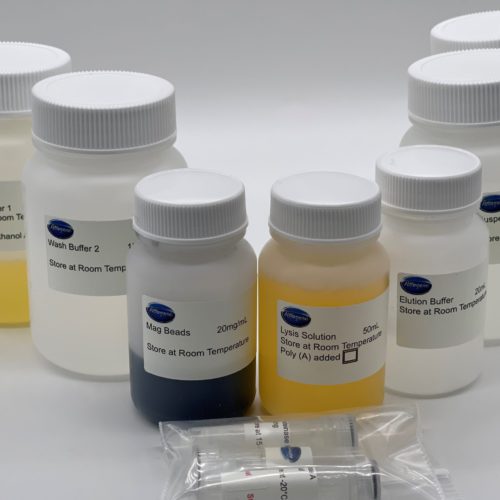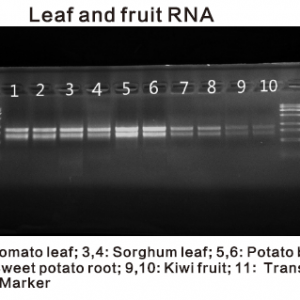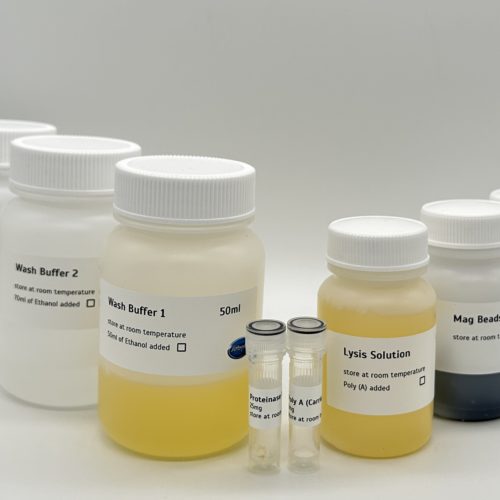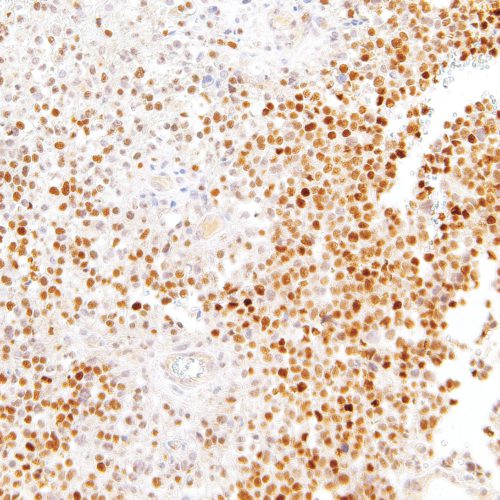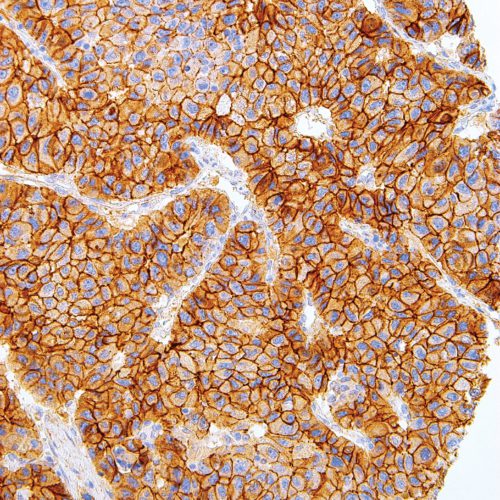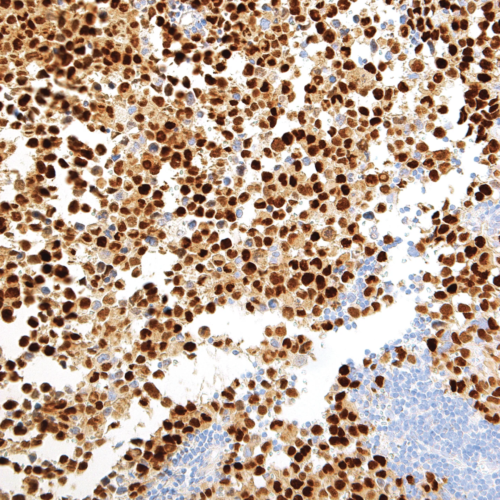High quality products to support Pathologists and Biological and Environmental Scientists
GeneAb™ p63
$170.00 – $850.00p63 is a tumor suppressor protein that is very similar to p53 in structure and function, while being homologous to p73. p63 is important in development and differentiation, and has been identified as a useful marker for distinguishing between lung squamous cell carcinomas and adenocarcinomas. Anti-p63 is also used to differentiate between benign and malignant prostate and breast lesions, due to its labeling of the nuclei of myoepithelial cells in both tissue types.
Flavobacterium psychrophilum
$465.00 – $928.00The Primerdesign genesig Kit for Flavobacterium psychrophilum (F.psychrophilum) genomes is designed for the in vitro quantification of F.psychrophilum genomes. The kit is designed to have the broadest detection profile possible whilst remaining specific to the F.psychrophilum genome. The primers and probe sequences in this kit have 100% homology with a broad range of F. psychrophilum sequences based on a comprehensive bioinformatics analysis.
Enterocytozoon bieneusi
$678.30 – $901.00The Primerdesign™ genesig® Kit for Enterocytozoon bieneusi (E. bieneusi) genomes is designed for the in vitro quantification of E. bieneusi genomes. The kit is designed to have the broadest detection profile possible whilst remaining specific to the E. bieneusi genome. The primers and probe sequences in this kit have 100% homology with a broad range of E. bieneusi sequences based on a comprehensive bioinformatics analysis.
Plant and Algae RNA Isolation Kit
$424.00This kit is sufficient for 100 RNA isolations based on:
- 200mg fresh plant
- 1ml algae culture
- 50mg dry seeds.
Compatible with automated systems.
Plant and Algae DNA Isolation Kit
$350.00This kit is sufficient for 100 DNA isolations based on:
- 200mg fresh plant
- 1ml algae culture
- 50mg dry seeds
Compatible with automated systems.
GeneAb™ SOX-11
$125.00 – $510.00SRY (Sex Determining Region Y)-Box 11 (SOX-11), also known as transcription factor SOX-11, is a nuclear transcription factor that acts in regulation of embryonic development and in cell differentiation. SOX-11 is expressed in the development of the human central nervous system, medulloblastoma, and glioma, and has been indicated as a marker for both Cyclin D1-positive and negative mantle cell lymphomas, Burkitt lymphoma, and lymphoblastic lymphoma.
GeneAb™ N-cadherin
$210.00 – $980.00N-cadherin, also known as Cadherin-2 (CDH2) or Neural Cadherin (NCAD), is a transmembrane cell adhesion molecule that was originally detected in nervous tissue. It plays an important role in embryogenesis, being involved in gastrulation and neural crest development. N-cadherin is found is cancer cells and allows for transendothelial migration, which is a critical process in the metastasis of cancer. Overexpression and disorderly arrangement of N-cadherin has been noted in dilated cardiomyopathy. It has been suggested that, when considered in adjunct with the status of a number of additional cell-cell adhesion molecules, missense mutations in N-cadherin may be a potential indicator of obsessive-compulsive disorder and Tourette disorder.
GeneAb™ Myogenin
$95.00 – $380.00Myogenin belongs to a family of myogenic transcription factors, including MyoD, myf5, and MRF4, which are critical in muscle development. Myogenin is found strictly in cells of skeletal muscle origin, and is therefore used as a biomarker for tumors of the muscle lineage, including alveolar rhabdomyosarcomas. Anti-Myogenin staining may occur in Wilms’ tumor, and labels the nuclei of myoblasts in developing muscle tissue. It is also expressed in some leiomyosarcomas.
